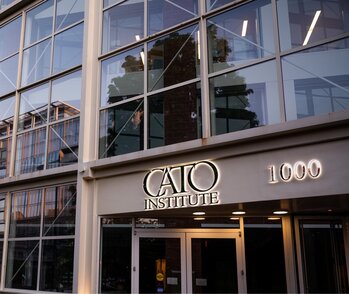Research
Most of the research associates’ time is dedicated to helping Cato’s policy scholars produce first-rate public policy scholarship, including books, studies, testimony, op-eds, slides, online content, broadcast appearances, and more.
All of this scholarship requires tremendous research support: Research associates may be responsible for such tasks as fact-finding, memo and brief writing, data collection and analysis, reviewing and editing scholars’ work, and more. Associates may also assist with event planning, managing departmental social media accounts, and coordination with external scholars and organizations.
Professional Development
The research associates’ professional development training consists primarily of educational sessions with senior Cato staff. Guest lecturers from the business world and academia will also be featured. These sessions are intended to prepare the associates for a policy research career, but much of the training is equally applicable to other career paths, including law, government, and business.
Some of the educational sessions focus on fundamental knowledge, including:
- Political philosophy and history, focusing on the rationale for and importance of individual liberty and limited government
- Public policy across a wide range of domains and disciplines, including education, healthcare, criminal justice, foreign policy, and more
- Key theories and concepts of economics, markets, and trade
- Strategic considerations, such as the role of think tanks in policymaking
Other sessions help the associates to develop concrete, practical skills, such as:
- Methods of research and effective policy analysis
- Public speaking
- Writing for various fora, such as blogs and newspapers
- Graphic and presentation design
- Statistical analysis
Mentoring
In addition to the formal curriculum of the professional development sessions, the Research Associate Program also provides associates with the opportunity to regularly engage with and learn from senior Cato scholars and staff. This engagement allows the associates to receive guidance, feedback, and assistance with the challenges that they encounter in their research. Regular interaction with senior staff also allows associates to seek guidance on educational and career decisions.
Conclusion
Through practical research experience, a broad professional development program, and mentoring from some of the nation’s foremost public policy scholars, research associates will be well prepared to excel as liberty-minded leaders in policy, government, business, and other domains.

